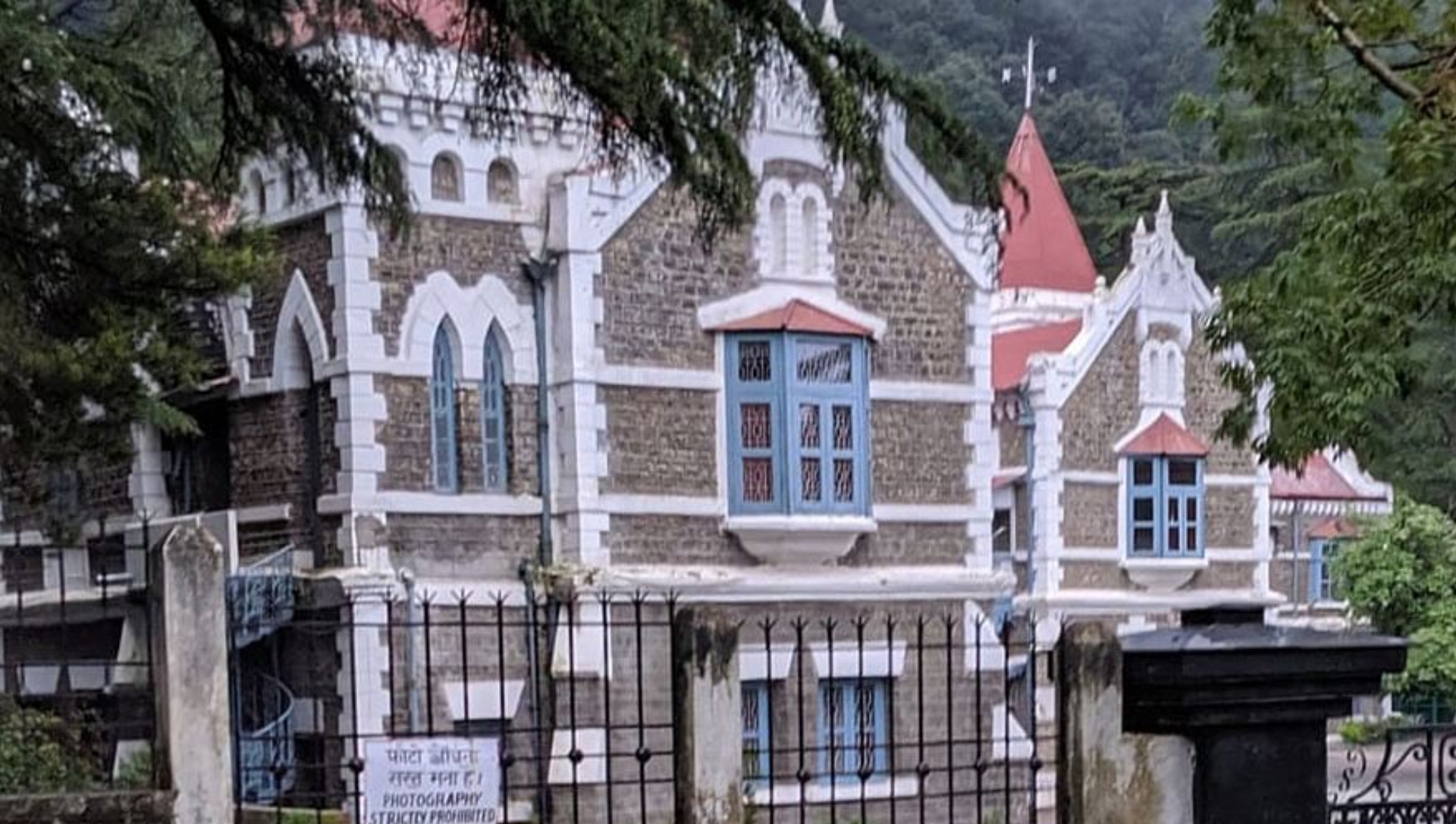DEHRADUN: Uttarakhand High Court has directed the state government officials to submit details of people suffering from leprosy and arrangements to look after them by the state government within two weeks of time.
The matter dates back to 2017 when the district administration of Haridwar had demolished houses in the Chandighat area of Haridwar in which people affected by leprosy lived.
The houses were demolished on September 21 prior to the President of India’s visit to Haridwar on September 23, 2017.
The division bench comprising Chief Justice Vipin Sanghi and Justice RC Khulbe in the order dated July 14, 2022, directed to submit details regarding the number of leper colonies in Haridwar district, the number of lepers and their family members, who are residing in these colonies, the allocation of budget by the state government for providing pension and other welfare measures for the lepers in the said colonies, the number of welfare measures and development work undertaken by the government and not by the NGOs, in respect of the lepers in the leper colonies, and the expenditure made thereon.
“The District Magistrate, Haridwar, should also place on record photographs of each of the leper colonies to show the nature and kind of construction in which the lepers are presently residing in the said leper colonies. The photographs should be current,” said the bench in the order.
Public interest litigation was filed by Kesho Chaudhari, a resident of Haridwar, who stated that the houses were demolished without any prior notice and now the affected are forced to live in huts and open sky in inhuman conditions.
The petitioner alleged that a total of 14 houses were demolished leaving 60 people homeless who were suffering from leprosy. The demolition was carried out by orders of the district magistrate, Haridwar on September 21, 2017.
The petition stated that a family of three suffering from the disease residing in a hut died due to fire.
The petitioner in his petition mentioned that people suffering from this disease are the most neglected section of society as this disease still strikes fear in society as “a mutilating, disfiguring, contagious and incurable disease”.
The petition also stated that due to the stigma attached to the disease people have to suffer a lot which leads to loss of employment even before manual labour becomes more difficult due to disability often resulting from late or no treatment.
“It also leads to exclusion from society, causing physical and emotional distress. Though leprosy is not a disease of the poor, it affects the poor to a much greater extent because of their social and economic vulnerability,” said the petition.
The petitioner alleged that due to this demolition and no rehabilitation of these people they are left to suffer under the open sky in these winters.
“This is an infringement of their fundamental rights, especially as a vulnerable class and subjugated people. The inaction on the part of the authorities in not implementing the welfare schemes for the lepers including providing housing for them is a failure of a welfare state by their functionaries,” added the petitioner.
Following the petition, an NGO ‘Act Now Welfare Society’ wrote a letter to the HC in the year 2018 stating the ‘unsung plight of the lepers of Uttarakhand’ who are mostly living in inhuman conditions and are mostly bound to encroach lands for kaccha shelter/slums from where they are thrown away as there are no shelters provided to them by the state.
“As recently in Haridwar authorities, after demolishing their illegal slums have failed to rehabilitate them and they, and their families, are bound to face the wrath of nature in these heavy rains,” the letter stated.
The court had taken cognizance of the letter.
The letter had alleged that the government and administration does not care to provide any kind of facilities including housing the lepers reside in an isolated state mostly bound to encroach public lands by making temporary huts and jhuggis which are commonly known as ‘Kushtha Ashrams’.










